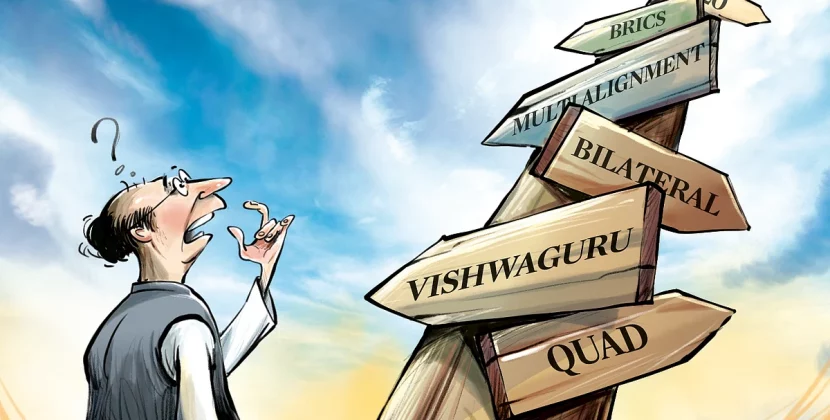
U.S. President-elect Donald Trump speaks during a rally the day before he is scheduled to be inaugurated for a second term, in Washington, U.S., January 19, 2025.
Brian Snyder | Reuters
President-elect Donald Trump is poised to sign a flurry of executive orders as soon as he’s sworn in, but imposing tariffs on U.S. trading partners won’t be one of the actions Monday, according to the Wall Street Journal.
Trump is set to issue a broad trade memorandum Monday that directs federal agencies to study and assess unfair trade practices and currency policies with other nations, especially China, Canada and Mexico. However, the memo stopped short at slapping any new duties on the countries, according to the Journal, which reviewed a summary of the memo and spoke to Trump’s advisers.
Asked about Trump’s trade policy Monday morning ahead of the inauguration, White House officials referred to the Journal story, confirming the reporting.
The president-elect’s plan on trade could be evolving from what he touted on the campaign trail. His camp has been discussing a schedule of graduated tariffs increasing by about 2% to 5% a month on trading partners, Bloomberg News reported last week.
Trump once made universal tariffs a core tenet of his economic campaign pitch, floating a 20% levy on all imports from all countries with a specifically harsh 60% rate for Chinese goods.
Many economists feared that such protectionist trade policy could make production of goods more expensive and raise consumer prices, just as the world recovers from pandemic-era inflation spikes.
— Click here to read the original story from the Wall Street Journal.











Comments